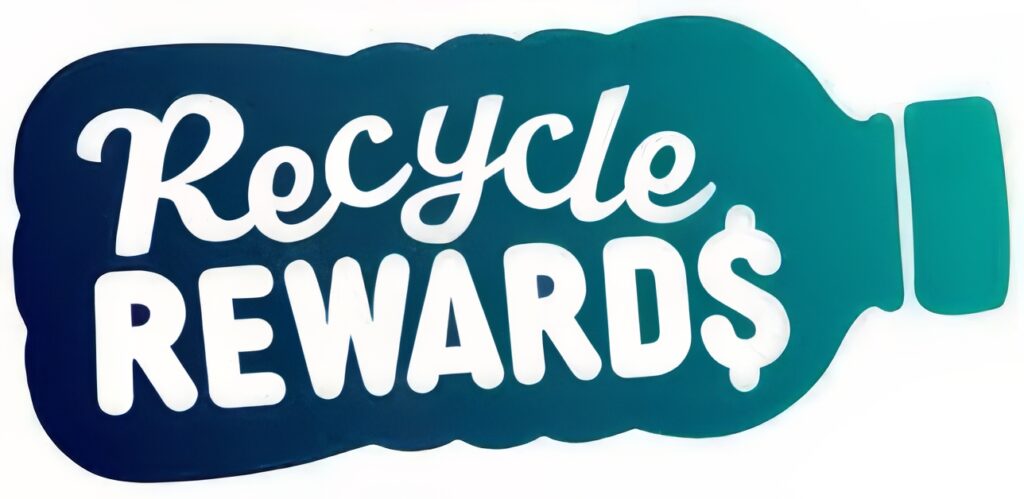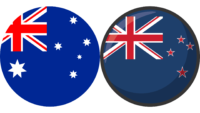Tasmania’s Recycle Refund Rewards Scheme
Tasmania’s Recycle Refund Rewards Scheme
Tasmania’s Recycle Rewards Scheme Set to Launch on 1 May 2025: Transforming the State’s Waste Landscape

Intro
Tasmania is set to take a major step forward in its waste management and resource recovery strategy with the launch of the Recycle Rewards container refund scheme on 1 May 2025. This marks a pivotal moment in the state’s efforts to reduce litter, improve recycling rates, and transition towards a circular economy. The scheme is expected to drive behavioural change among residents, encourage community participation in recycling, and stimulate local economic growth.
Background and Rationale for the Scheme
Beverage containers are among the most common forms of litter in Tasmania, making up approximately 45% of the state’s litter stream according to government data. While Tasmania has historically lagged behind other Australian states in implementing a container refund scheme, the launch of Recycle Rewards aims to address this gap. Similar programs across Australia, such as those in New South Wales, Queensland, and South Australia, have demonstrated the effectiveness of refund schemes in reducing container waste and increasing recycling rates.
In South Australia, for instance, which introduced a container deposit scheme (CDS) in 1977, beverage container recycling rates consistently exceed 76%, compared to national averages of less than 50% in states without such schemes. Tasmania is now positioning itself to achieve similar success.
How the Scheme Will Work
The Recycle Rewards scheme will offer a 10-cent refund per eligible drink container returned to designated refund points across Tasmania. These refund points will be a mix of automated reverse vending machines (RVMs), over-the-counter collection depots, and larger bulk-processing facilities to ensure maximum accessibility for both urban and regional communities.
Eligible containers will include:
- Plastic bottles (PET) – water, soft drinks, and juice containers.
- Aluminum cans – beer, soft drinks, and energy drinks.
- Glass bottles – beer, cider, and other non-wine beverages.
- Liquid paperboard cartons (up to 1 litre) – flavoured milk and juice cartons.
Containers must not be crushed, and barcodes must remain intact to ensure correct processing.
Containers excluded from the scheme include:
- Wine bottles
- Spirits bottles
- Cordial bottles
- Plain milk containers over 1 litre
However, there is industry and community support to expand the scope of eligible containers in the future, aligning Tasmania with the broader national approach towards uniform container refund schemes.
Scheme Administration and Key Partners
The scheme will be administered under a two-operator model, a structure that has proven effective in other jurisdictions:
-
TasRecycle – The Scheme Coordinator:
- A not-for-profit entity established by leading beverage companies (Lion, Coca-Cola Europacific Partners, Asahi Beverages).
- Responsible for overseeing and managing the overall scheme, financial flows, and data reporting.
-
TOMRA Cleanaway Tasmania – The Network Operator:
- A joint venture between TOMRA, a global leader in reverse vending technology, and Cleanaway, one of Australia’s largest waste management companies.
- Responsible for setting up and managing refund collection points, logistics, and container processing.
Refund Point Network
The network will initially comprise 49 refund points across Tasmania, including the islands of King Island and Flinders Island. The locations and types of refund points have been designed to ensure accessibility for all communities:
- Automated Reverse Vending Machines (RVMs): Convenient for quick, self-service returns, often located at supermarkets and shopping centres.
- Over-the-Counter Refund Depots: Staffed collection points suitable for smaller towns or regional centres.
- Bulk Drop-off Facilities: Designed to accommodate large-volume returns from businesses, community groups, and charities.
Economic and Environmental Benefits
1. Litter Reduction
Container refund schemes are proven to significantly reduce beverage container litter. Tasmania’s target is to reduce beverage container litter by 50% within the first two years of the scheme.
2. Increased Recycling Rates
The scheme is expected to double the recycling rate of eligible beverage containers, diverting millions of containers from landfill into the recycling stream.
3. Stimulating Local Jobs and Investment
The refund point network and processing facilities will create new jobs in logistics, recycling, and customer service across Tasmania. Additionally, increased container collection will require investments in sorting and processing facilities, boosting the local recycling industry.
4. Circular Economy Development
The scheme aligns with Tasmania’s long-term vision for a circular economy, where materials are kept in use for as long as possible. Refund schemes not only recover beverage containers but can act as infrastructure hubs for future recycling programs, potentially expanding to include:
- Batteries
- Small e-waste
- Textiles
- Other recyclable packaging
The Waste Management and Resource Recovery Association of Australia (WMRR) supports this vision, stating that the Recycle Rewards network could serve as the backbone for broader material recovery infrastructure across Tasmania.
Financial Support for Small Beverage Producers
Recognizing that smaller businesses may face cost barriers in complying with the scheme’s container approval, barcode, and labeling requirements, the Tasmanian Government has allocated $80,000 in grants to support small beverage producers. Eligible businesses can receive up to $1,000 each to assist with:
- Product registration in the scheme
- Updating labels with barcodes
- Meeting compliance requirements
Applications for these grants are open until 30 June 2025 or until funding is exhausted.
Policy Context and Future Expansion
The launch of Recycle Rewards is part of Tasmania’s broader waste reform agenda, which includes:
- Introduction of a Waste Levy: Implemented in July 2022, the levy incentivizes businesses and households to reduce waste to landfill.
- Establishment of the WARR Board: A dedicated Waste and Resource Recovery (WARR) Board to guide policy development and oversee sector performance.
Looking forward, there is strong industry support for expanding the scheme to include:
- Wine and spirit bottles (as seen in ACT and Victoria’s planned scheme expansions).
- Plain milk containers to ensure broader beverage packaging coverage.
- Container materials beyond beverages, such as household product packaging.
WMRR CEO Gayle Sloan has urged the Tasmanian Government to expand the scheme’s scope quickly to maintain momentum and align with other states moving towards more comprehensive coverage.
Key Dates and Implementation Timeline
| Milestone | Date |
|---|---|
| Scheme Coordinator and Network Operator Appointed | Late 2024 |
| Refund Point Site Preparation Begins | Early 2025 |
| Launch of Recycle Rewards Scheme | 1 May 2025 |
| Grant Applications Close for Small Producers | 30 June 2025 (or until funds are exhausted) |
Challenges and Considerations
1. Community Education
Clear communication will be critical to ensure public understanding of eligible containers, refund processes, and refund point locations. Past experiences in other states highlighted confusion in the initial rollout phase, emphasizing the need for early and extensive community outreach.
2. Collection Point Accessibility
While the 49 refund points aim to cover the state comprehensively, ongoing evaluation will be necessary to ensure regional and remote communities have adequate access.
The performance of island-based refund points on King Island and Flinders Island will be particularly important as logistical challenges could impact their operation.
3. Feedstock Contamination
Ensuring high-quality source-separated materials will be essential to maximize recycling outcomes.
Glass contamination remains a common issue in refund schemes elsewhere, necessitating careful handling and public education to prevent cross-contamination.
Summary
The Recycle Rewards scheme is a landmark development in Tasmania’s waste and resource recovery landscape. Set to launch on 1 May 2025, the program promises significant environmental, social, and economic benefits. It is expected to halve container litter, boost recycling rates, and support the state’s transition to a circular economy.
Industry stakeholders and community groups alike are optimistic about the long-term potential of the refund network to evolve into a comprehensive resource recovery system beyond beverage containers.
For Tasmanians, every container returned represents not just a 10-cent refund but a step towards a cleaner, more sustainable future.


